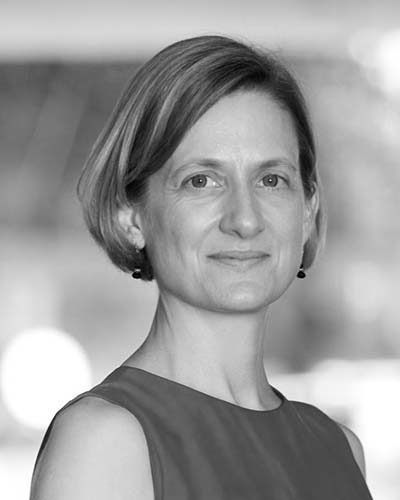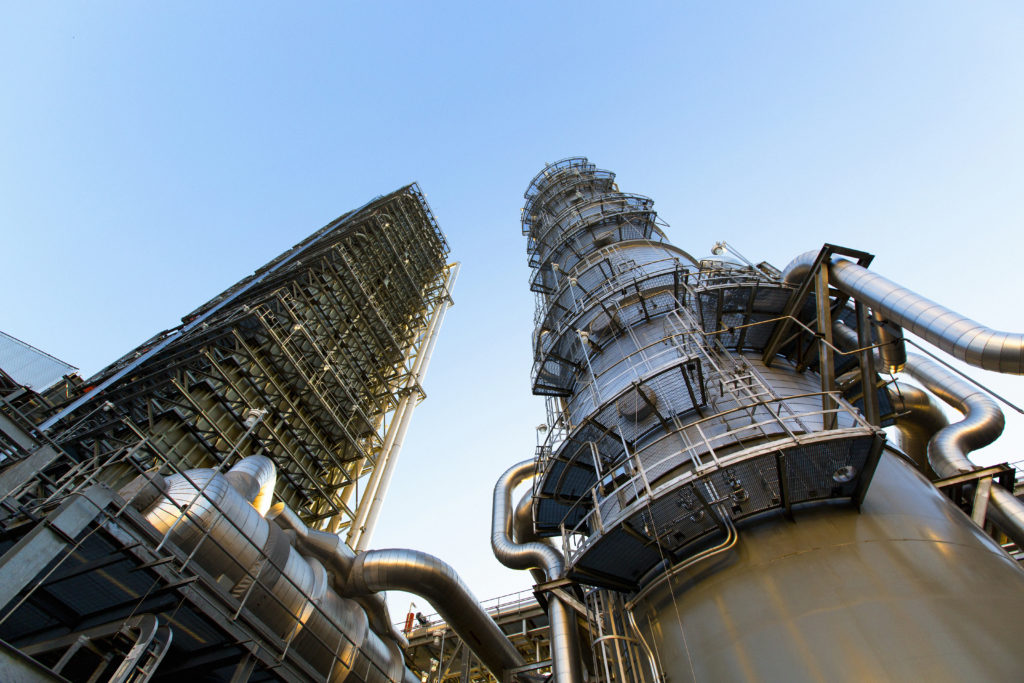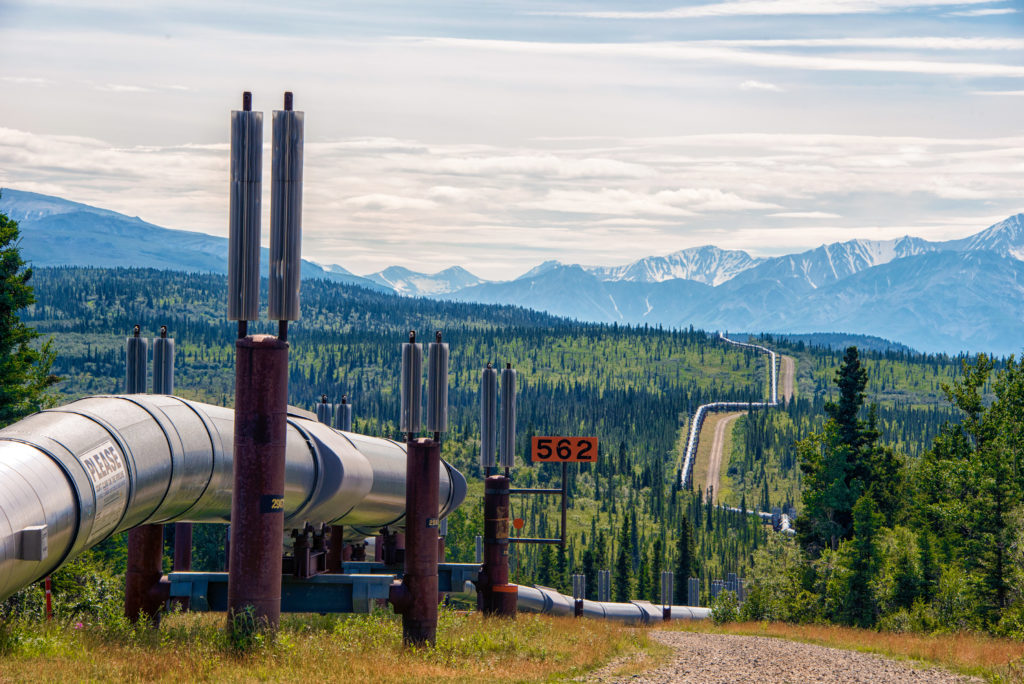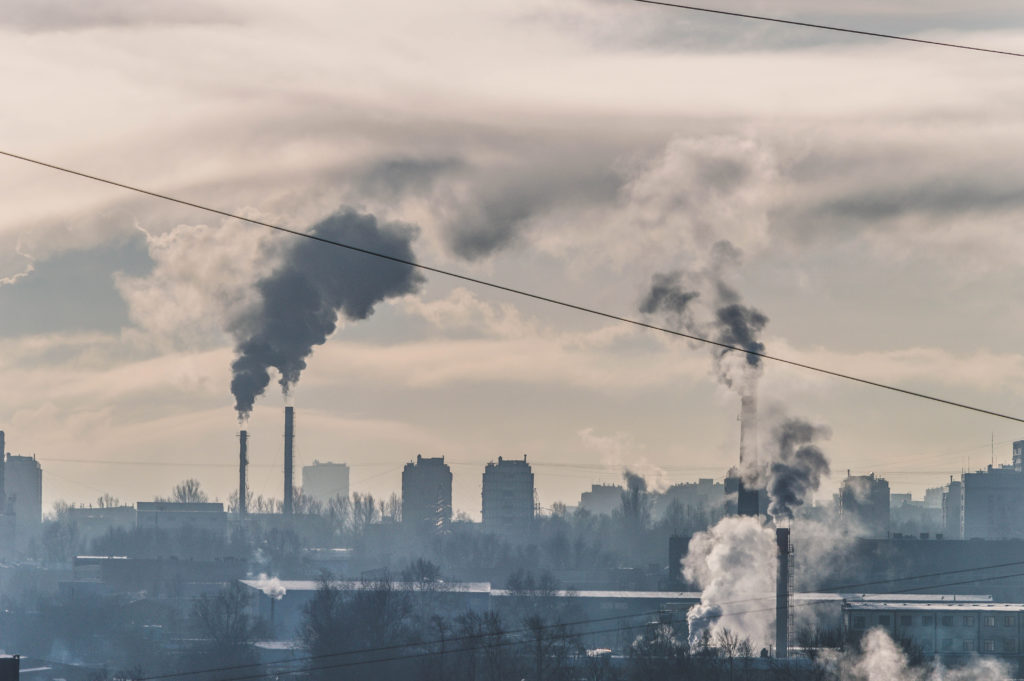Featured Experts

Sheila Olmstead
Professor, University of Texas at Austin and University Fellow, Resources for the Future

Sheila Olmstead
Professor, University of Texas at Austin and University Fellow, Resources for the Future
Sheila Olmstead is a professor of public affairs at the University of Texas at Austin LBJ School of Public Affairs. She also has appointments as a visiting fellow at Resources for the Future (RFF), a Washington, DC think tank, as a senior fellow at the Property and Environment Research Center in Bozeman, Montana, and as a Charter Member of the Science Advisory Board at the US EPA. Previously, she served as the senior economist for energy and the environment at the President’s Council of Economic advisors, and as faculty at the Yale School of Forestry and Environmental Studies.
In this Episode
From 2015 to 2020, the installed capacity of renewable electricity increased 50%, reaching nearly 12% of global electricity consumption. The number of electric vehicles sold in 2021 was 13 times more than in 2015, now making up nearly 9% of the new car sales. But the amount of CO2 captured globally from the smokestacks of polluting industries, or drawn directly out of the ambient air? There was only 25% more CO2 sequestered in 2020 than in 2015. And with that anemic increase, we currently capture less than 0.1% of the carbon-dioxide-equivalent of global energy and industry emissions.
The IPCC, Princeton Net-Zero America report, and the National Academy of Sciences, Engineering and Medicine, have concluded that along with decarbonization of the global economy, a massive amount of CO2 will need to be removed from the atmosphere and stored – on the order of tens of billions of tonnes every year. So why isn’t carbon capture, utilization and storage (CCUS) keeping pace with the growth of other climate tech sectors?
Climate Now explores the barriers to scaling up CCUS, and how to overcome them, with environmental economist Dr. Sheila Olmstead, professor of public affairs at the University of Texas at Austin.



